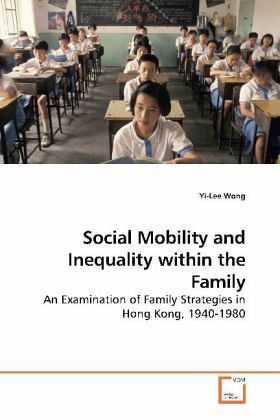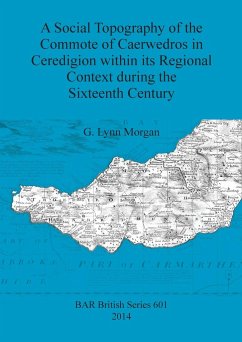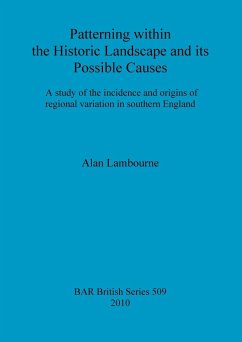
Social Mobility and Inequality within the Family
An Examination of Family Strategies in Hong Kong, 1940-1980
Versandkostenfrei!
Versandfertig in 6-10 Tagen
52,99 €
inkl. MwSt.

PAYBACK Punkte
26 °P sammeln!
This book is a qualitative of social mobility in Hong Kong, 1940-1980. Its focus is on family strategies examining the instances of social mobility. Eighty-six respondents were interviewed in Hong Kong between 1996 and 1997 about their family and work-life histories. Taking respondents as children growing up against the context of post- war Hong Kong, I examined and compared the family strategies of their parents for the education, employment, and marriage of the respondents and their siblings. By focussing on the role of parents in social mobility of their children, this examination seeks to ...
This book is a qualitative of social mobility in Hong Kong, 1940-1980. Its focus is on family strategies examining the instances of social mobility. Eighty-six respondents were interviewed in Hong Kong between 1996 and 1997 about their family and work-life histories. Taking respondents as children growing up against the context of post- war Hong Kong, I examined and compared the family strategies of their parents for the education, employment, and marriage of the respondents and their siblings. By focussing on the role of parents in social mobility of their children, this examination seeks to explain why not only children of various class backgrounds, but also children of the same family, attained different educational levels, obtained dissimilar first jobs, and reached different current class positions via employment or marriage. The same parents enhanced social mobility of their selected children but constrained those of others. This analysis thus highlights the importance of studying inequality within the family in understanding how social mobility is generated and how class inequality is perpetuated over generations.












